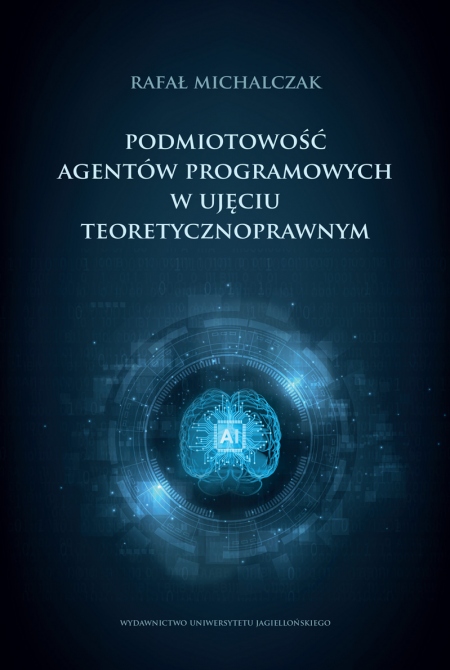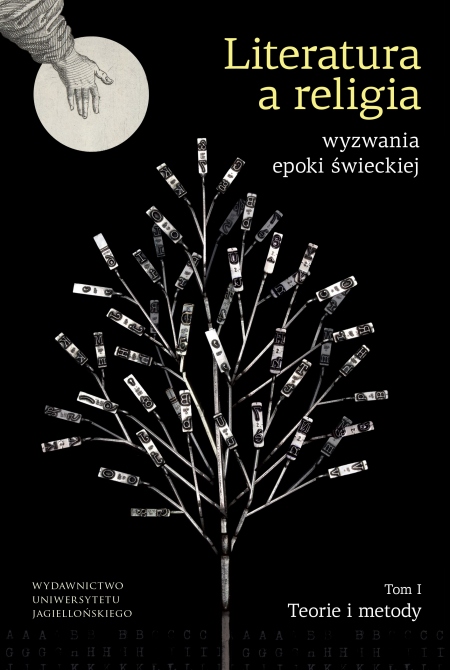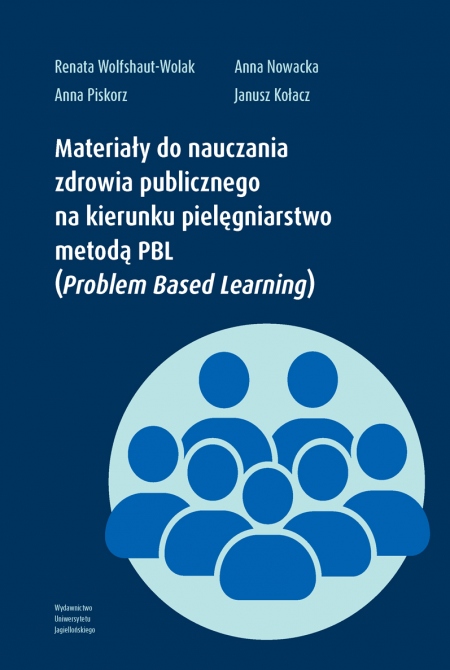
Podmiotowość agentów programowych w ujęciu teoretycznoprawnym
Book format: 15,8x23,5 cm
Publication date: 2024
E-book publication date: 18.12.2024
Book description
The basic research problem of the monograph is as follows. There are certain programs, called software agents, that can perform legally relevant activities, the consequences of which are unpredictable for both the users and the developers of such software. Thus there is a class of activities that no one has will or intention to do. The existence of such a class raises the question of the broadly understood responsibility for these unpredictable and sometimes erroneous actions of software agents. In order to find answers to the above questions, the following tasks were undertaken.
The first was to defend the conceptual distinction between classic programs and software agents (that is, programs without "free will" and having "free will"). The second was a critical analysis of the model solutions to problems arising in connection with the use of autonomous programs occurring in the literature. The third was to create an original concept of accountability in situations where software agents are involved.
In the course of the considerations, it was shown that although prima facie treating computer programs as subjects, and not objects of law, may raise doubts, there are no analytical premises that would argue against such a solution. In order to substantiate the claim that a software agent can be treated as subject, an analysis of the debate in the field of the philosophy of artificial intelligence and machines ethics, adapted for the purposes of legal considerations, was carried out, which allowed to show that the features often given as necessary and sufficient for assigning the status of a person to an object are only conventional and not essential determinants of subjectivity. Therefore, they do not stand in the way of assigning a personality to an electronic being.
Building on this conclusion, an original concept of program agents as legal subjects was proposed, combining the ancient concept of peculium with modern concepts of insurance liability.
The research conducted in the monograph was the first such comprehensive research in the field of law and artificial intelligence. When the monograph was written, it was the first publication of this type in Polish. It was probably also the only such comprehensive analysis globally – which, however, is difficult to determine due to the extraordinary dynamism of the discipline, in which new discoveries are made almost every day.
The first was to defend the conceptual distinction between classic programs and software agents (that is, programs without "free will" and having "free will"). The second was a critical analysis of the model solutions to problems arising in connection with the use of autonomous programs occurring in the literature. The third was to create an original concept of accountability in situations where software agents are involved.
In the course of the considerations, it was shown that although prima facie treating computer programs as subjects, and not objects of law, may raise doubts, there are no analytical premises that would argue against such a solution. In order to substantiate the claim that a software agent can be treated as subject, an analysis of the debate in the field of the philosophy of artificial intelligence and machines ethics, adapted for the purposes of legal considerations, was carried out, which allowed to show that the features often given as necessary and sufficient for assigning the status of a person to an object are only conventional and not essential determinants of subjectivity. Therefore, they do not stand in the way of assigning a personality to an electronic being.
Building on this conclusion, an original concept of program agents as legal subjects was proposed, combining the ancient concept of peculium with modern concepts of insurance liability.
The research conducted in the monograph was the first such comprehensive research in the field of law and artificial intelligence. When the monograph was written, it was the first publication of this type in Polish. It was probably also the only such comprehensive analysis globally – which, however, is difficult to determine due to the extraordinary dynamism of the discipline, in which new discoveries are made almost every day.
Language
Polish
Title in English
The subjectivity of software agents – legal theoretical approach
Edition
first
Authors
Rafał Michalczak

Cover design
Marta Jaszczuk
ISBN: 978-83-233-5430-7
e-ISBN (pdf): 978-83-233-7603-3
Country of producer: Poland
RECOMMENDED BOOKS
NEW BOOKS

Podmiotowość agentów programowych w ujęciu teoretycznoprawnym
Choose chapters to buy:
Order value:
0.00 zł























